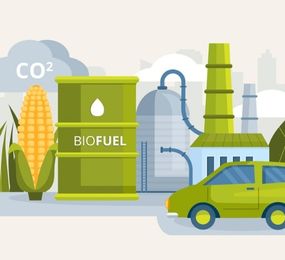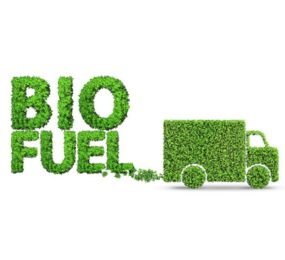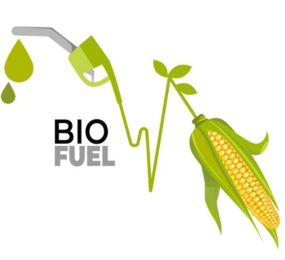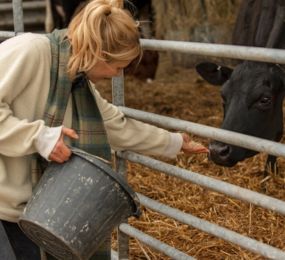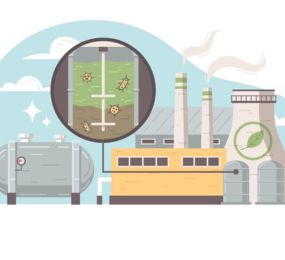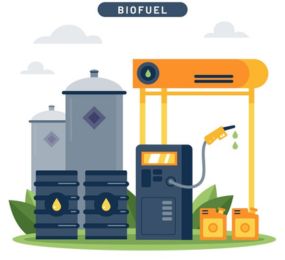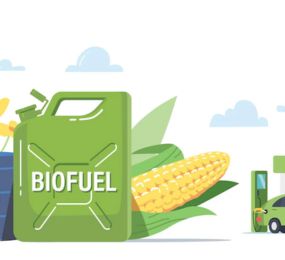Advanced Biofuels and Biodiversity: Protecting Ecosystems
The development of advanced biofuels presents both opportunities and challenges for biodiversity. While these fuels offer a sustainable alternative to fossil fuels, their production can have significant environmental impacts, particularly on ecosystems.
One major concern is the potential for land-use change, as the cultivation of biofuel feedstocks can lead to deforestation and habitat loss. To mitigate this risk, it is crucial to prioritize sustainable feedstock sourcing, such as using non-food crops, agricultural residues, and algae. Additionally, implementing strict land-use regulations and promoting agroforestry practices can help preserve biodiversity.
Another environmental concern is the impact of biofuel production on water resources. Water is essential for crop irrigation and biofuel processing, and excessive water usage can strain local water supplies and degrade aquatic ecosystems. To address this issue, efficient irrigation techniques and water conservation strategies should be adopted. Furthermore, the use of drought-tolerant crops and recycling wastewater can help reduce water consumption.
By carefully considering the environmental implications of advanced biofuel production, it is possible to minimize negative impacts on biodiversity. By prioritizing sustainable practices, such as responsible land use, efficient water management, and the protection of natural habitats, we can harness the potential of biofuels while safeguarding our planet's ecosystems.
Visit our website to know more: https://www.leadventgrp.com/events/3rd-annual-advanced-biofuels-forum/details
For more information and group participation, contact us: [email protected]
Leadvent Group - Industry Leading Events for Business Leaders!
www.leadventgrp.com| [email protected]



